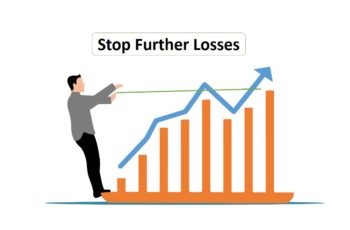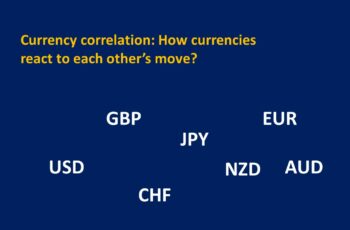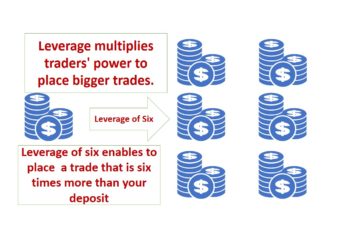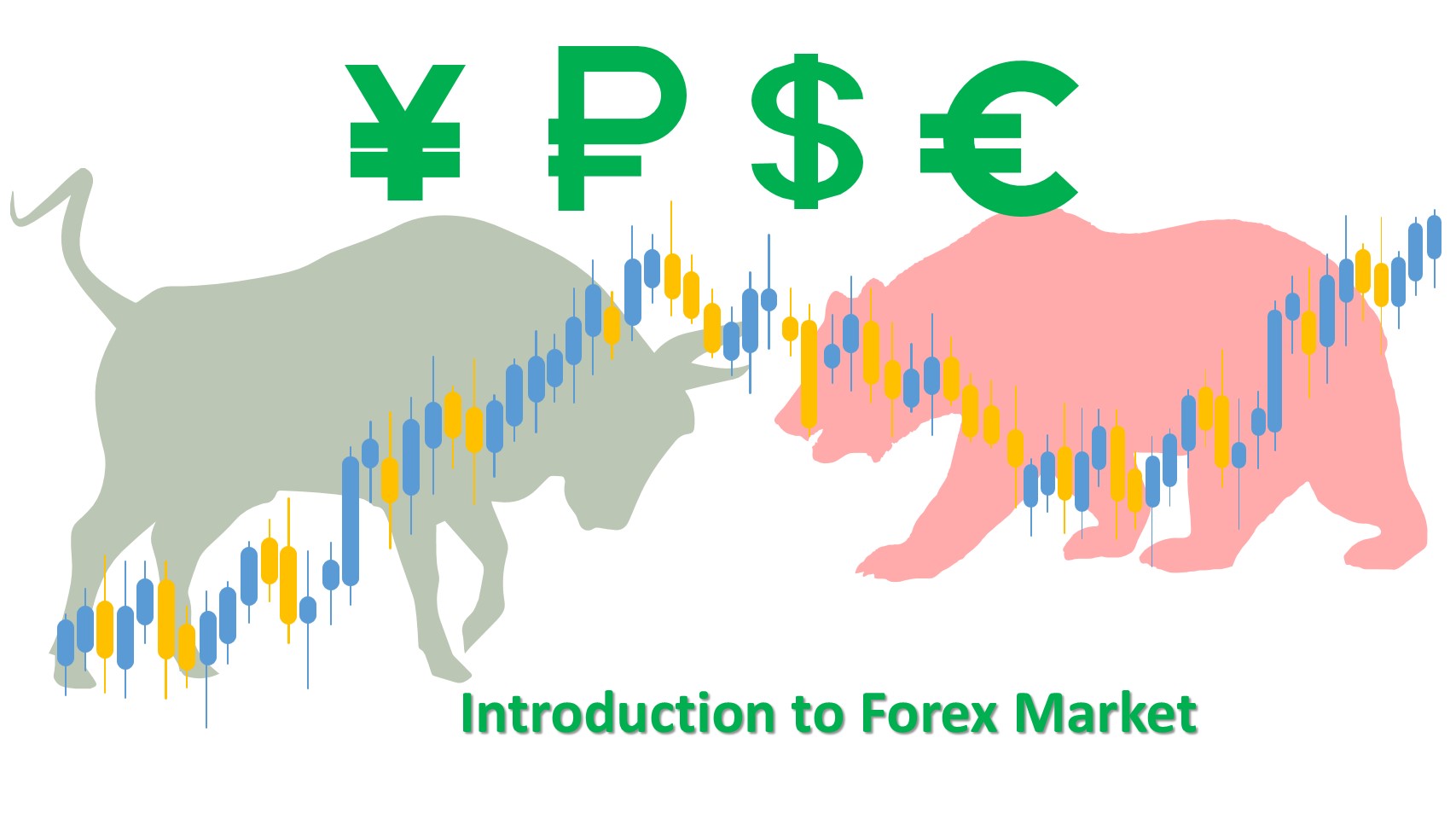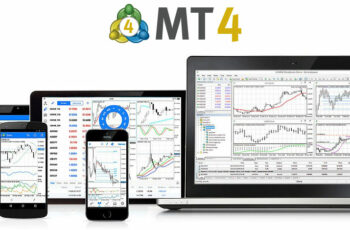Most Forex traders lose money.
You see a warning/disclaimer on every Forex broker’s website.
Here is a small part of the disclaimer statement on Dukascopy.com.
And this is a warning on Exness.com.
Even financial education websites like our website (srading.com) warn that most Forex (one of the financial markets) traders lose money.
Most Forex traders indeed lose money for various reasons. In fact, most traders lose money in all financial markets.
In this article, I express my opinion and believe that there are 10 reasons behind Forex traders’ failures.
1. They Lack Experience
I know traders that start with real accounts just by learning how to place a trade.
It is wrong to trade real money without experiencing the market with a demo account.
Becoming a successful trader requires experience, time, dedication, etc.
Even bricklaying requires learning and experience to lay down bricks flawlessly. Then, how do you expect to make money in the Forex market that depends on countless factors?
I believe a trader should experience the market for at least three months before putting real money at risk.
So, if you have started trading with real money, go back to your demo account, experience more, and then put your real money at risk.
2. Use Too Much Leverage
Leverage in the Forex market means debt. If you use a leverage of 10, it means that you have borrowed 10 times your equity.
While using debt is a good thing. It enables you to trade a higher amount than your equity. But too much leverage is not a good thing.
Using higher leverage has the disadvantage of making a trader emotional and hard to manage his/her account because the market is volatile and moves up and down. And volatility makes an inexperienced trader emotional.
Moreover, a higher leverage increases associated risk. A small market move against your open position will cost you a huge percentage drawdown if you use too much leverage.
Then, what is a good leverage?
Most professional traders believe that a trader should never use leverage higher than 1:50 because it is hard to manage and is unsustainable even if you profit in the short run. I also think that your maximum leverage should not exceed 50.
3. Do Not Manage Risk
The number of associated risks can be countless. And unsuccessful traders often do not analyze them.
For example: The money supply can be a risk if it is likely for the central bank to increase it. And big players such as commercial banks and investment firms react to the possibility of the money supply increase.
Risks also involve when a trader places a trade. Putting a stop-loss order or adjusting it is part of risk management. Often, unsuccessful traders do not put a stop-loss at all.
Risk management is essential even if a trader makes money consistently because a single bad trade can empty your account.
In trading, a trader should only risk an amount that he/she can afford to lose. In other words, a trader should only risk an amount of money if he loses, it does not affect negatively his behaviour and life.
4. Do Not Control Emotions
Psychology has a vital role in the decision-making process. A trader should manage it correctly.
Unlike other jobs, a trader makes decisions consistently, making emotion control more important. For example, a tailor does not make decisions that require thinking or analyzing the environment. But, a trader should decide frequently and analyze political and economic environment/s.
Greed and fear are big players in decisions regarding trading. A trader may become greedy if he makes multiple consecutive wins which may result in overtrading and poor decisions. On the other hand, fear controls a trader if he loses consecutively inhibiting him from trading even if he is convinced fundamentally and sees amazing chart patterns.
5. Have Unrealistic Expectations
Often traders build unrealistic expectations after a few winning trades. They think that they have mastered trading, and their winning trend continues.
The truth is the opposite. A few winning streaks do not guarantee future performance. It is very likely to start losing again.
Unrealistic expectations may lead to quitting their job. They may think that it is not worth it to take orders from someone else and will achieve financial freedom. But the winning does not last long, and the losing trend starts. After a few consecutive losses, psychology leads the decision-making process, which is definitely not a good outcome. Unfortunately, a few losing streaks hurt new traders and may lead to loss of confidence and even isolation.
Another side effect of unrealistic expectations increasing trading size. For example, after a few winning trades; new traders may shift from trading 0.1 to 1 lot size. Increasing trade size increases tensions and stresses. Again, it may lead to emotional trading followed by losing trades.
6. They Follow Rumors
Rumors always exist.
Any time you search on the internet about economic indicators such as inflation and recession, you find several videos and articles predicting high inflation and recession. These opinions scare new traders.
The truth is that no one can predict markets accurately, and you should make your decisions independently.
Reading others’ opinions is helpful. But, they should not influence your decisions because they can be just destructive rumors.
7. They Ignore Fundamentals
Losing traders ignore fundamentals because they think that technical analysis is enough. Or, they are too lazy to follow the news, economic calendar, and reports.
However, fundamentals are behind trends and long-term chart patterns. So, it is extremely beneficial to learn some economics.
Short-term chart patterns can be due to speculations and emotions. However, there are economic reasons that form large patterns, reverse trends, or continue the current trends.
In my personal opinion, a trader needs to follow both fundamentals and technical analysis. They can confirm each other or reject them. In both cases, traders benefit from both ways of analysis.
8. They Do Not Trade Trends
Trend is your friend.
Every successful trader suggests trading the trend.
They mean to follow the trend instead of catching tops and bottoms.
Some unsuccessful traders aim to catch tops and bottoms to make huge profits. The truth is that it is more likely for the current trend to continue than to reverse.
Even if you are sure it is the end of the trend, multiple confirmers, such as patterns and indicators should confirm your analysis.
9. They Do Not Have a Strategy
New and unsuccessful traders often do have a clear strategy. They frequently jump from one technique to another. For example, today they may analyze using support and resistance lines techniques, and tomorrow shift to Elliot Wave analysis.
Professional traders have clear and written strategies for:
- Opening position criteria;
- Closing position criteria;
- How long should let their trades go;
- What should they do in case of streak losses’
- How to manage their emotions;
- And…
Not having a strategy and shifting from one to another often leads to confusion and believing that the market is against them. I know people who quit trading due to the belief that the market is against them.
A trader should be patient and dive deep into a technique as much as possible and experience how it works.


